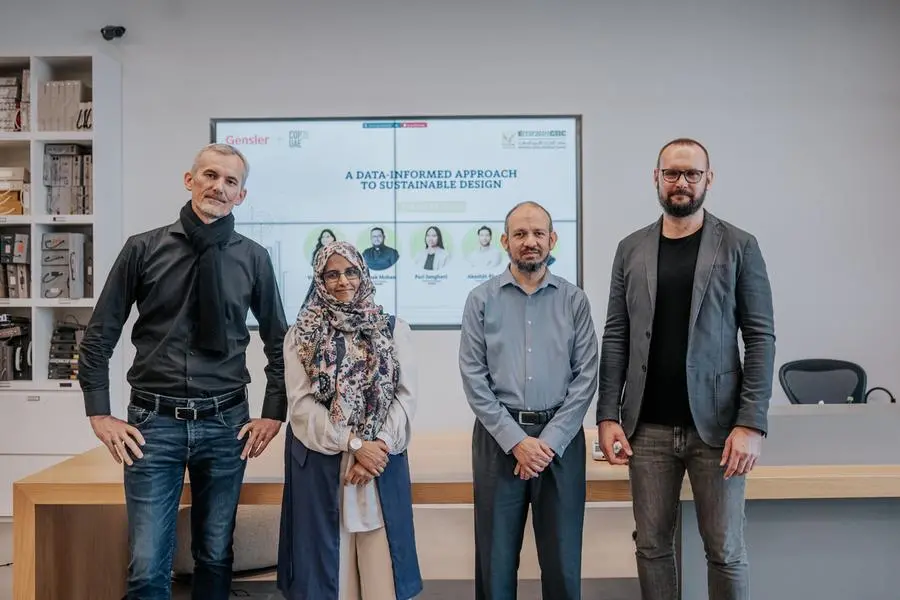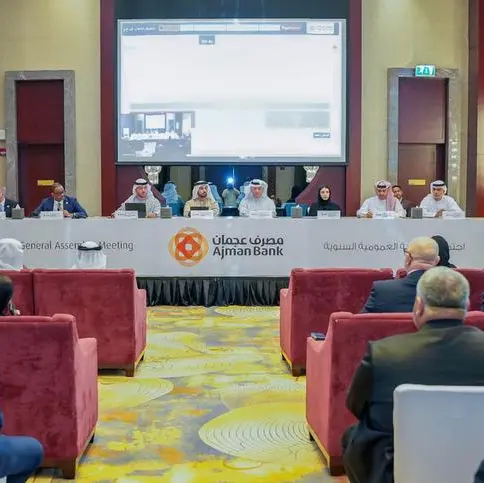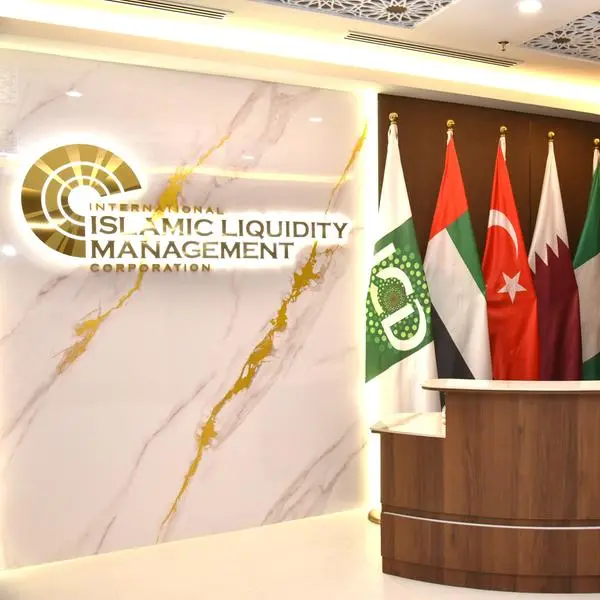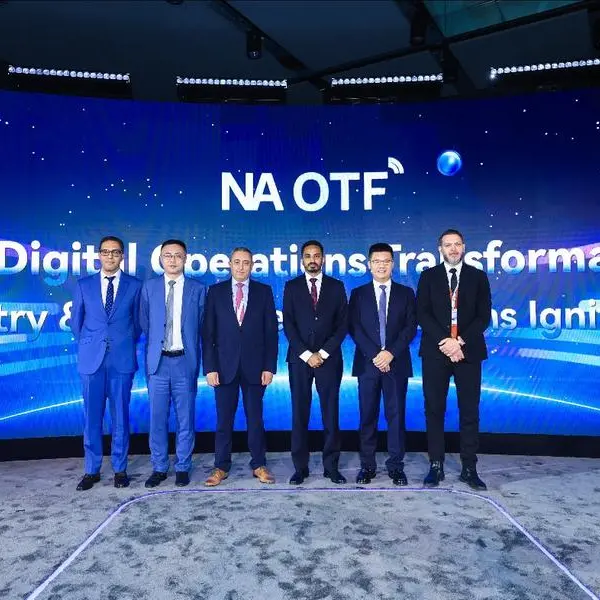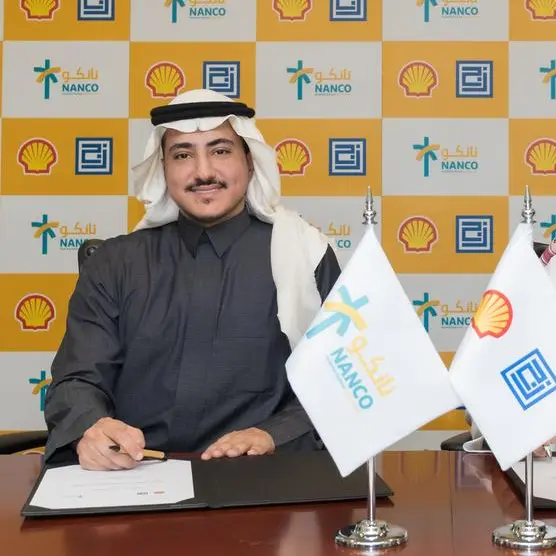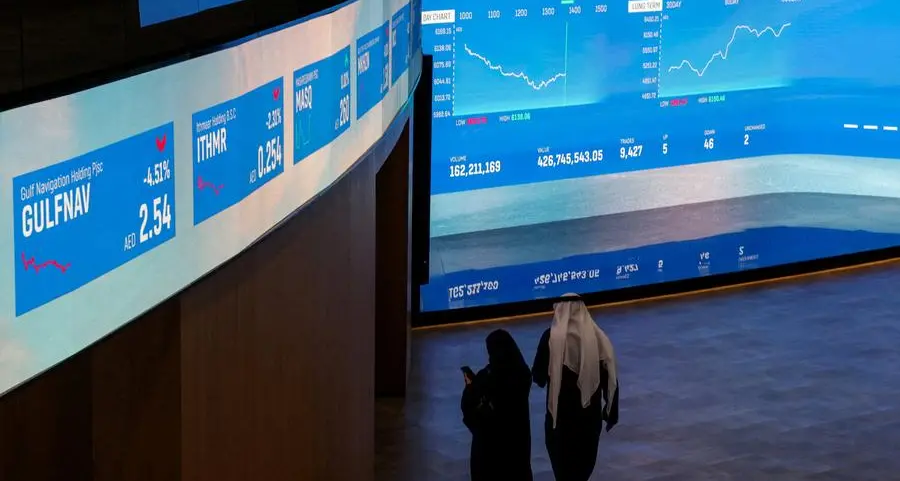PHOTO
Dubai, UAE: Gensler, the world’s largest design firm and an active advocate of sustainable practices within the built environment, has partnered with Emirates Green Business Council to highlight the value that data and smart technologies bring to the fight against climate change within the built environment.
The event featured commentary by Alan Crystal, Regional Design Technology Manager at Gensler, Samar Hussein, Design Resilience Design co-leader for Gensler’s Asia Pacific and Middle East Region, Miroslav Sopko, Senior Designer at Gensler and Abdullatif Albitawi, Director at Emirates Green Business Council. With sustainability as the focus of the evening, Gensler designers showcased five separate exhibits where they talked through the impact that technology and data has had on key projects.
Gensler also demonstrated its propitiatory technology suite, NFORM and its sustainability-focused workflow & software solution, gPlanet.
“NFORM is a proprietary data-informed design suite that enables us to deliver sustainable design solutions for architecture, interiors, and urban design, with the aim of creating a better world through the power of design. As part of the ecosystem, we created gPlanet, a comprehensive approach to resilience analysis that allows our designers to achieve design resilience in real-time, and throughout all stages on projects,” stated Alan Crystal.
“Through investment in our design technology talent, we are enabling our designers to work with innovative computational products and data-informed insights to help guide our clients’ decisions and deliver transformative work. Now more than ever, it’s critical to make predictable, informed, and confident design decisions. That’s why Gensler, through our Design Technology team, has continued to evolve our NFORM ecosystem of platforms, processes, and intellectual property,” continued Crystal.
“Sustainability and climate action is ingrained in Gensler’s DNA. In 2019, we launched the Gensler Cities Climate Challenge which is our commitment to reach carbon neutrality across our global portfolio.
Designing with enhanced technology is one of 5 key strategies we defined to reach this goal. We continue to assess our global portfolio annually and we are focused on educating ourselves and our partners on the values of designing for the local climate. We are mobilising our efforts around decreasing operational and embodied carbon on our projects and we aim to save 21 million metric tonnes of CO2 by 2030,” added Samar Hussein.
“Our technology ecosystem enables us as designers to tackle the world’s most complex challenges,” explained Miroslav Sopko. “Our NFORM Ecosystem brings the power of data to project decision-making from the early stages in a design process, taking our clients on a unique and informed design journey through their projects from day one. NFORM allows us to tailor our designs to predict, simulate, evaluate, and optimize everything from floor layouts and building forms to a project’s carbon footprint more accurately,” continued Hussein.
“Data and technology stand as the dynamic duo in revolutionizing sustainable building design. Through advanced sensors, data collection tools, and analytics, technology allows for a meticulous examination of a building's energy consumption, material usage, and environmental impact. This data becomes the backbone for informed decision-making, guiding architects and engineers towards creating eco-friendly buildings. Integrated Building Information Modeling (BIM) systems enable real-time collaboration among stakeholders, fostering a holistic approach to design that optimizes resource utilization and minimizes waste. Moreover, smart technologies like Internet of Things (IoT) devices grant buildings the capability to adapt to environmental changes autonomously, adjusting lighting, heating, and cooling systems for maximum efficiency,” concluded Abdullatif Albitawi.
By harnessing the power of data-informed insights, sustainable design principles can be seamlessly woven into the fabric of modern buildings. Analyzing historical data on energy usage and environmental factors empowers designers to anticipate future needs and challenges, paving the way for predictive and adaptive designs. Furthermore, technology enables the incorporation of renewable energy sources such as solar panels and geothermal systems, transforming buildings into self-sustaining entities that contribute positively to the environment. The utilization of innovative materials and construction techniques, identified and tested through data-informed research, fosters the creation of buildings and spaces that not only reduce their carbon footprint but also endure and perform efficiently across their lifecycle, promoting sustainability in the built environment.
The event took place on November 17th, 2023, at Gensler’s Dubai office to an audience of Emirates Green Business Council members.
For further information, please contact:
Sinead O’Connor
Sinead@a-comms.com
0585037435
